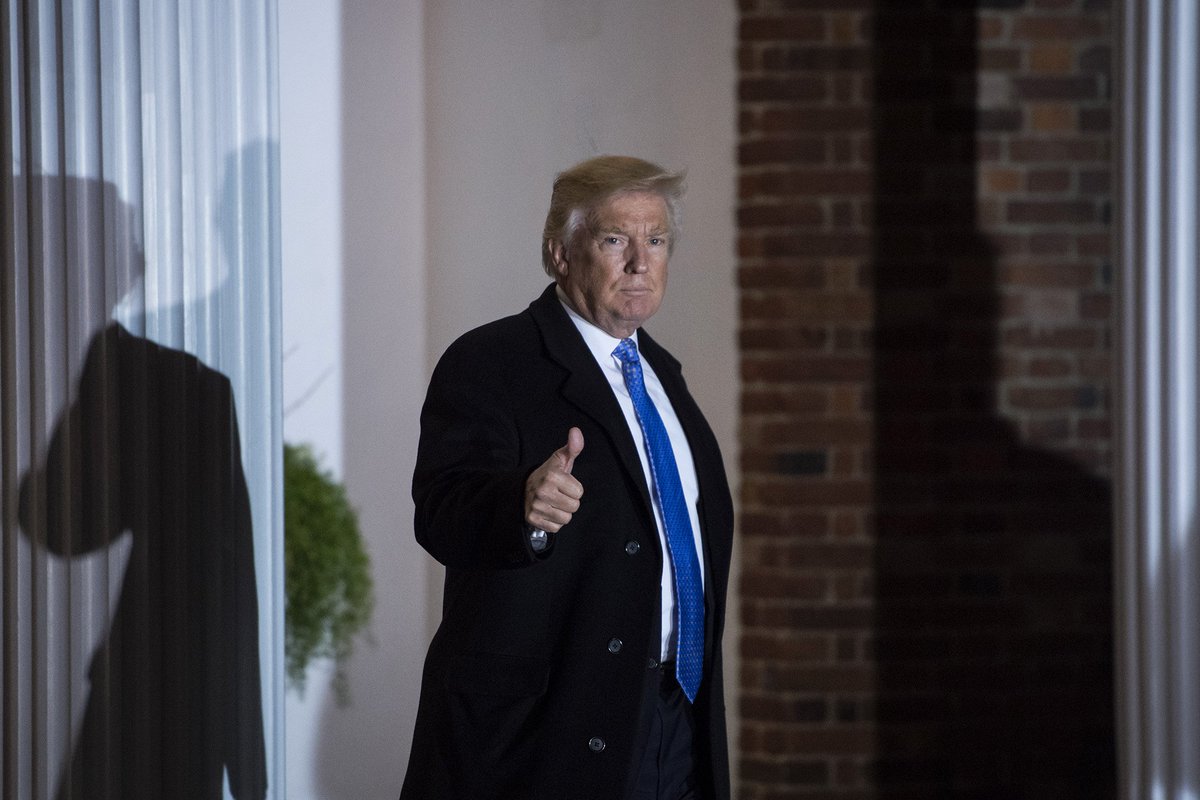President Donald Trump is taking his first steps aimed at scaling back financial services regulations, and the Republican-run Congress cast a vote early Friday signaling that it's eager to help.
The president signed an executive order Friday that will direct the Treasury secretary to review the 2010 Dodd-Frank financial oversight law, which reshaped financial regulation after the 2008-09 financial crisis.
But first, the Senate used an unusual pre-dawn vote to approve legislation, 52-47, killing a regulation that has required oil and gas companies to disclose payments to the U.S. or foreign governments for commercial development. The House approved the measure this week, and Trump is expected to sign it.

+2
The president signed an executive order Friday that will direct the Treasury secretary to review the 2010 Dodd-Frank financial oversight law,
Republicans said the rejected regulation gives foreign competitors valuable information about U.S. firms and would hurt the economy. Democrats said erasing the requirement means big companies will be able to hide questionable dealings with foreign governments like Russia.
Trump pledged during his campaign to repeal and replace the Dodd-Frank law, which also created the Consumer Financial Protection Bureau. A senior White House official outlined his executive order in a background briefing with reporters Thursday.
"Dodd-Frank is a disaster," Trump said earlier this week during a meeting with small business owners. "We're going to be doing a big number on Dodd-Frank."
The order won't have any immediate impact. But it directs the Treasury secretary to consult with members of different regulatory agencies and the Financial Stability Oversight Council and report back on potential changes.
The president signed an executive order Friday that will direct the Treasury secretary to review the 2010 Dodd-Frank financial oversight law, which reshaped financial regulation after the 2008-09 financial crisis.
But first, the Senate used an unusual pre-dawn vote to approve legislation, 52-47, killing a regulation that has required oil and gas companies to disclose payments to the U.S. or foreign governments for commercial development. The House approved the measure this week, and Trump is expected to sign it.

+2
The president signed an executive order Friday that will direct the Treasury secretary to review the 2010 Dodd-Frank financial oversight law,
Republicans said the rejected regulation gives foreign competitors valuable information about U.S. firms and would hurt the economy. Democrats said erasing the requirement means big companies will be able to hide questionable dealings with foreign governments like Russia.
Trump pledged during his campaign to repeal and replace the Dodd-Frank law, which also created the Consumer Financial Protection Bureau. A senior White House official outlined his executive order in a background briefing with reporters Thursday.
"Dodd-Frank is a disaster," Trump said earlier this week during a meeting with small business owners. "We're going to be doing a big number on Dodd-Frank."
The order won't have any immediate impact. But it directs the Treasury secretary to consult with members of different regulatory agencies and the Financial Stability Oversight Council and report back on potential changes.









